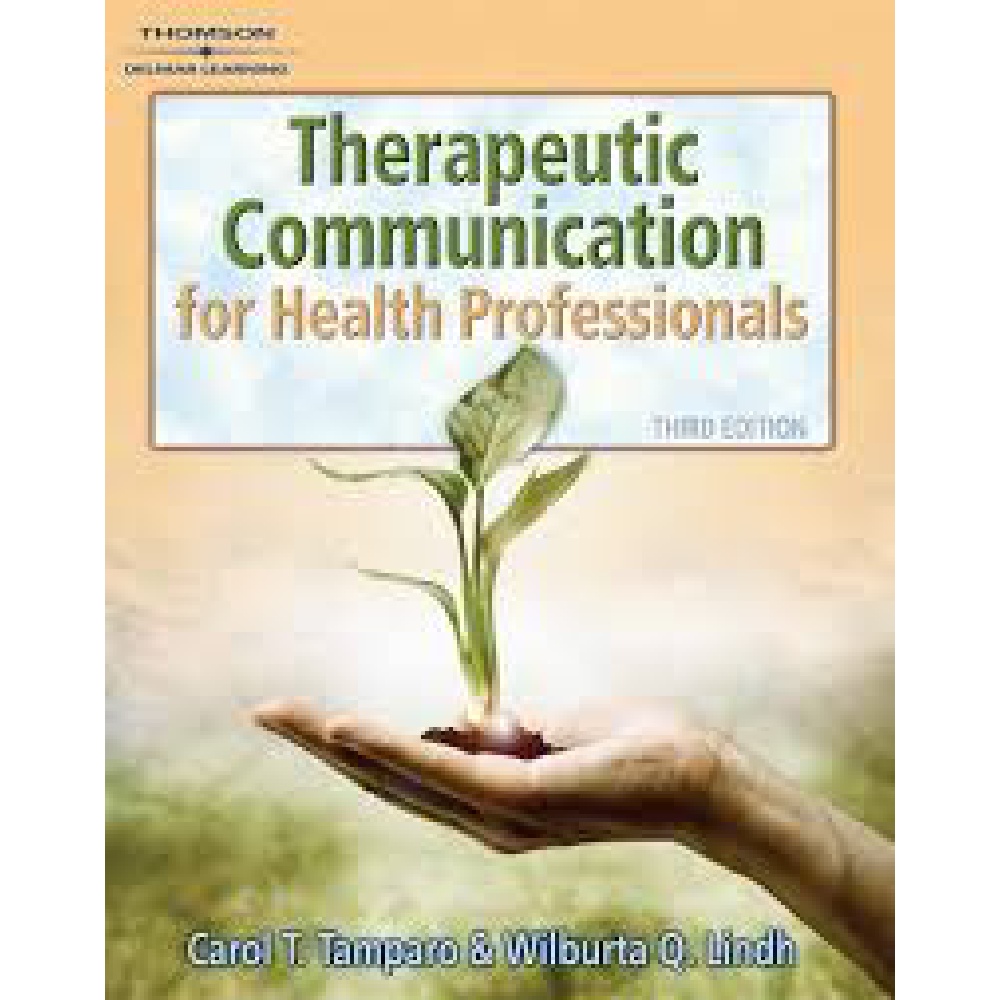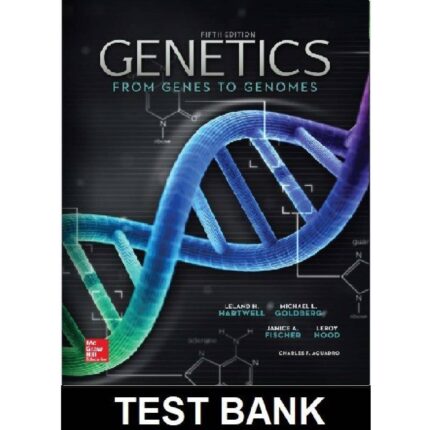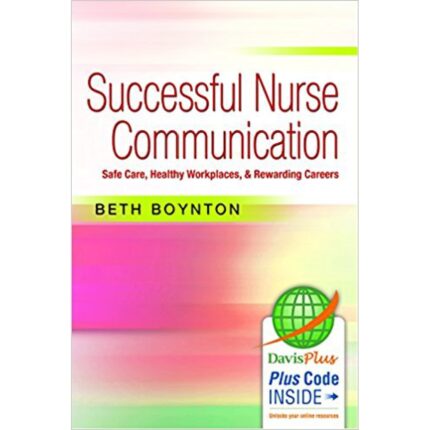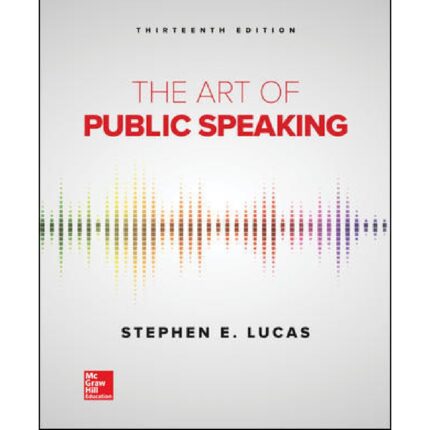MULTIPLE CHOICE
1. Dr. George L. Engle identified the following process or stage of working through grief:
a. experiencing disbelief and shock over the loss
b. willingness to do anything to change what has/is happening when dying
c. experiencing depression so severe it needs to be treated medicinally
d. not accepting any treatment modalities, especially traditional ones
ANS: A PTS: 1
2. Dr. Elisabeth Kubler-Ross identified the following stage(s) a dying person experiences:
a. experience shock and disbelief in Kubler-Ross’s second phase
b. express their anger and rage
c. deny reality
d. b and c
e. a, b, and c
ANS: D PTS: 1
3. Health professionals may deal with the following client loss(es):
a. loss of life d. a and b
b. loss of personal possessions e. a, b, and c
c. loss of some part of self
ANS: E PTS: 1
4. It has been said that the greatest grief comes from the loss of a/an
a. child c. elderly person
b. parents/guardians d. adult
ANS: A PTS: 1
5. Unresolved grief can cause
a. unexplained somatic responses
b. altered relationships with family and friends
c. stress-related diseases
d. a and c
e. a, b, and c
ANS: E PTS: 1
6. How can health professionals help clients who have a life-threatening illness and/or are dying?
a. Professionals take care of themselves.
b. Words may not be necessary.
c. Do not honor clients’ wishes that go against your beliefs.
d. a and b
e. a, b, and c
ANS: D PTS: 1
7. When health professionals receive client copies of advanced directives, they should
a. schedule a time when the client and physician can discuss the directive
b. file directives in clients’ charts
c. encourage clients to discuss the directive with their families
d. a and b only
e. a, b, and c
ANS: E PTS: 1
8. Oregon’s law addressing those who are dying
a. is an assisted suicide law
b. allows physicians to give the fatal injection with client’s written consent
c. is similar to laws passed in other states
d. addresses both assisted suicide and euthanasia
ANS: A PTS: 1













Reviews
There are no reviews yet.